
Sign up for breaking news, reviews, opinion, top tech deals, and more.
You are now subscribed
Your newsletter sign-up was successful
Canon has overhauled its entry-level DSLR offering with the announcement of two new cameras: the EOS Rebel T7 / EOS 2000D / EOS 1500D and EOS 4000D / EOS 3000D (we're still waiting on US naming for the latter), while there’s also a new mid-range mirrorless camera, the EOS M50.
EOS Rebel T7 / EOS 2000D /EOS 1500D
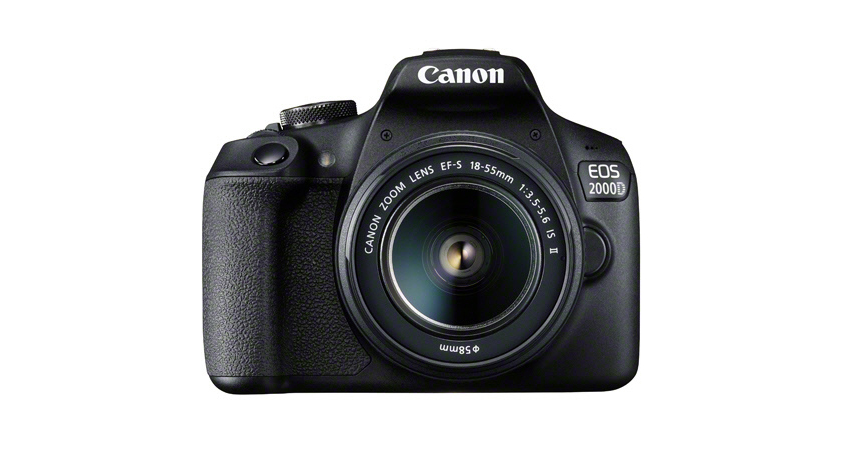
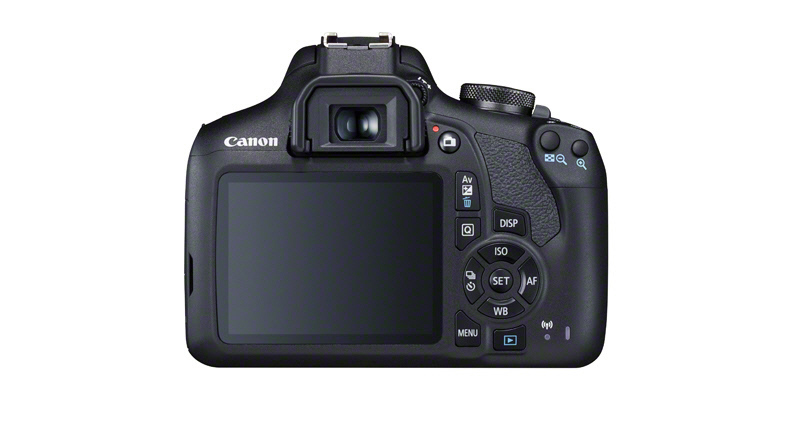
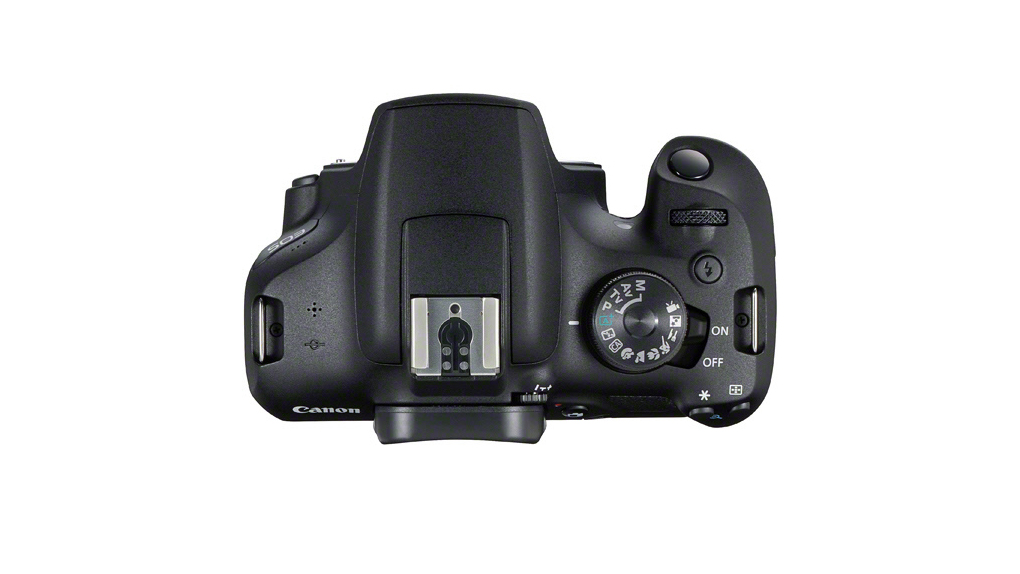
The EOS Rebel T7 / EOS 2000D / EOS 1500D replaces the EOS Rebel T6 (known as the EOS 1300D outside the US), Canon’s previous entry-level DSLR. It’s a pretty minor upgrade, though – while the APS-C CMOS sensor gets a significant boost from 18MP to 24.1MP, the DIGIC 4+ image processor and nine-point autofocus system are the same. The camera also has the same upper sensitivity limit of ISO6400 (expandable to ISO12,800) and burst shooting speed of 3fps.
The camera features Canon’s Scene Intelligent Auto mode to help novice DSLR users get good results without having to worry too much about settings, and a selection of creative filters. The EOS Rebel T7 / EOS 2000D / EOS 1500D can also capture Full HD video – Canon's still being a bit coy with 4K video on its DSLR line-up with the exception of the EOS 5D Mark IV.
There’s a 3.0-inch LCD on the back, although – oddly for a camera designed to appeal to smartphone users – it’s not a touchscreen. Images can be shared to social media, and backed up to Canon’s Irista cloud storage service, via Wi-Fi; and there’s also NFC (Near Field Communication), enabling a Wi-Fi connection to a compatible Android phone to be established by tapping the device against the camera. Battery life is rated at approximately 500 shots.
The EOS Rebel T7 / EOS 2000D / EOS 1500D, along with the EOS 4000D / EOS 3000D and EOS M50, will go on sale in March, and are available to pre-order now. The EOS Rebel T7 / EOS 2000D /EOS 1500D is priced $549.99 / £469.99 / AU$729 with Canon’s EF-S 18-55mm kit lens.
EOS 4000D / EOS 3000D
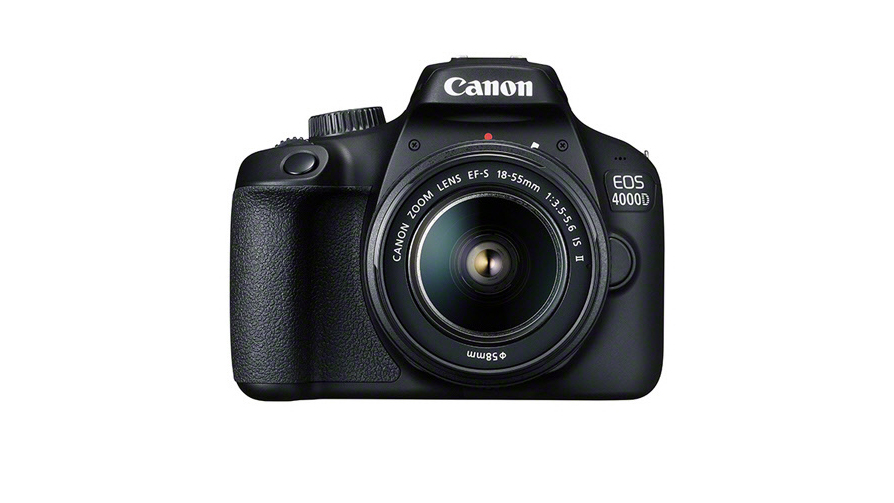
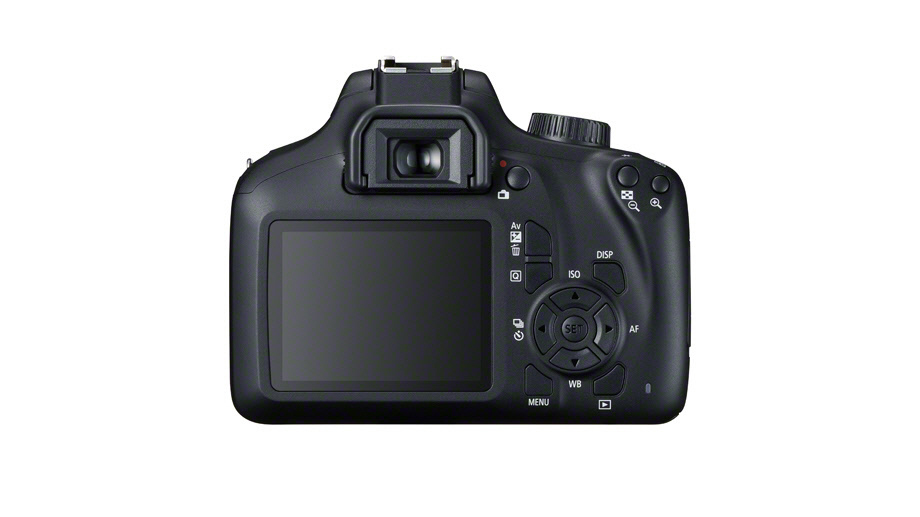
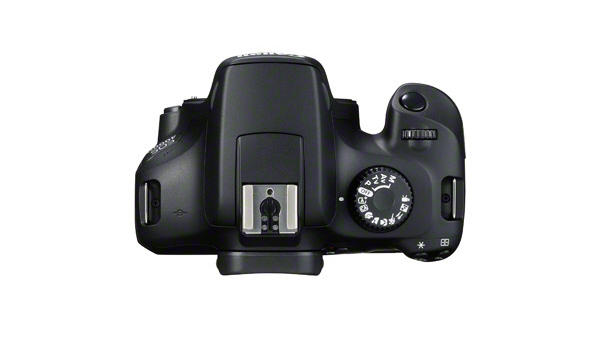
The EOS 4000D /EOS 3000D slots in below the EOS Rebel T7 / EOS 2000D / EOS 1500D in Canon’s lineup, and is its cheapest DSLR to date, aimed at those looking to make the step up from a typical camera phone or basic compact.
The specs match the bargain-basement price, with a resolution of 18MP, simplified controls and a plastic rather than metal lens mount, not to mention a 2.7-inch LCD monitor (as opposed to the 3-inch TFT LCD display on the EOS 2000D / EOS 1500D). The other specs are largely the same as those of the EOS 2000D / EOS 1500D.
Sign up for breaking news, reviews, opinion, top tech deals, and more.
The 4000D is priced at £329.99 body-only, or £369.99 with Canon’s EF-S 18-55mm IS lens. In Australia, where the camera has been named EOS 3000D, Canon has left the pricing at the discretion of the dealers.
At the moment at least, it doesn't look like the EOS 4000D will be coming to the US.
EOS M50
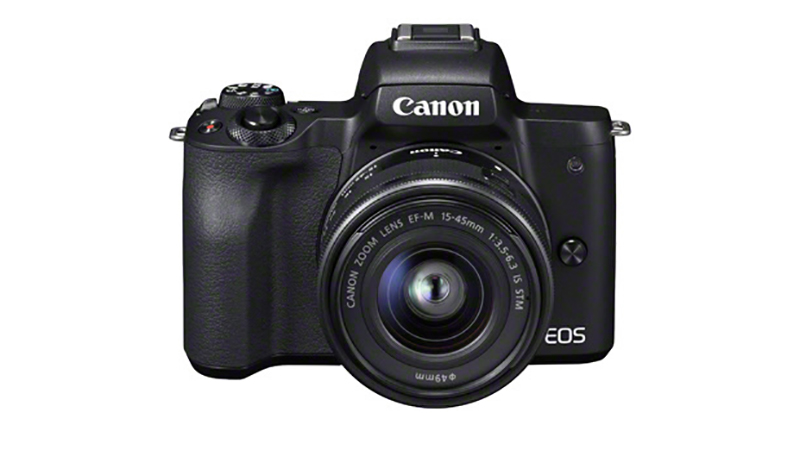
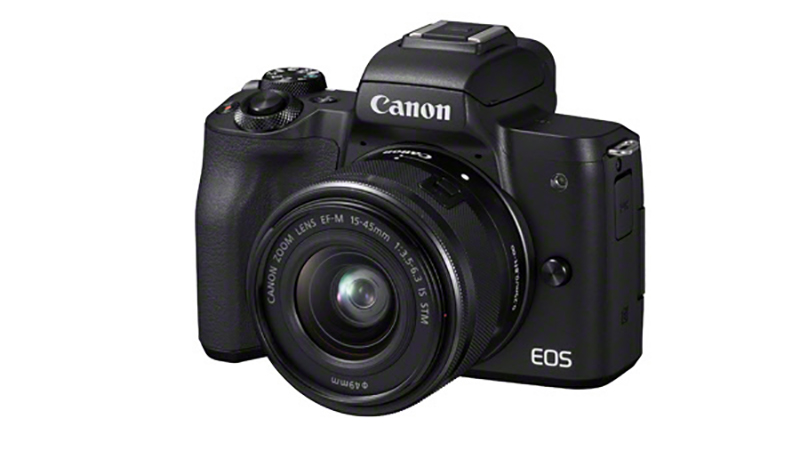
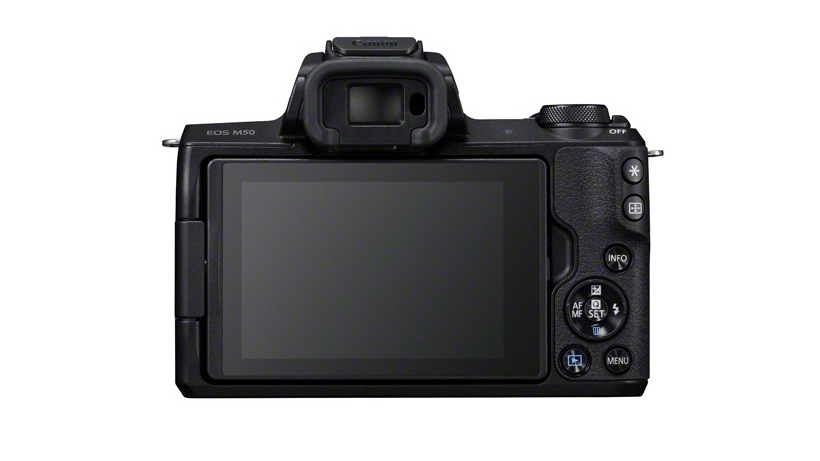
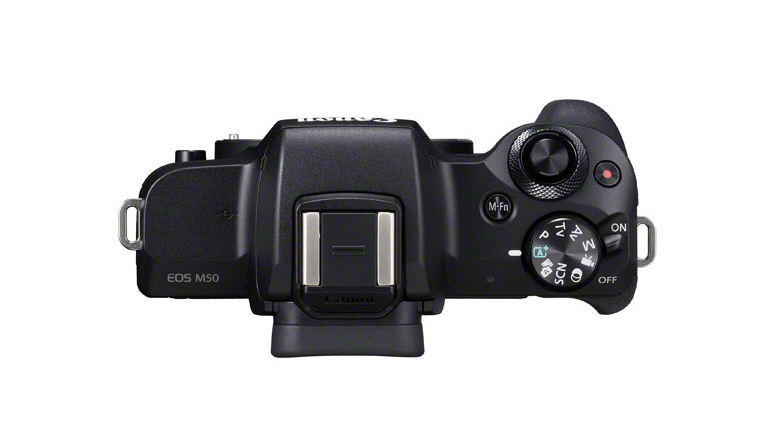
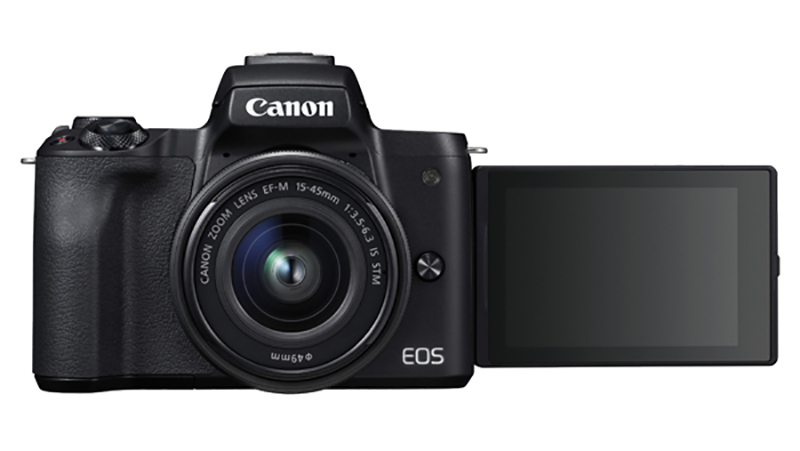
The EOS M50 is a new mid-range mirrorless camera, and is claimed to be Canon’s “most intuitive and technologically advanced mirrorless camera yet”. It’s notable for being the first M-series camera to offer 4K video, while it’s also the first mid-range M-series to get an electronic viewfinder and a Vari-Angle touchscreen, and the first EOS camera of any kind to get Canon’s latest DIGIC 8 image processor.
The combination of the processor and a 24.1MP sensor promise to deliver strong low-light performance, with a standard maximum ISO of 25,600, expandable to ISO51,200, and burst shooting speed of 10fps. The camera is equipped with Canon’s Dual Pixel CMOS autofocus system, which should offer fast and accurate focusing.
The EOS M50 is priced at $779.99 / £539.99 body-only in the UK and US, or $899.99 / £649.99 with the EF-M 15-45mm lens. In Australia, the camera is available for pre-order with the EF-M 15-45mm lens for AU$1,199.

Phil Hall is an experienced writer and editor having worked on some of the largest photography magazines in the UK, and now edit the photography channel of TechRadar, the UK's biggest tech website and one of the largest in the world. He has also worked on numerous commercial projects, including working with manufacturers like Nikon and Fujifilm on bespoke printed and online camera guides, as well as writing technique blogs and copy for the John Lewis Technology guide.